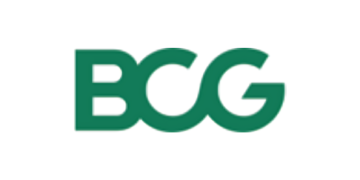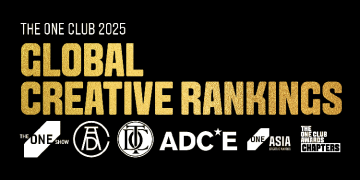With the meteoric rise in digital adoption across sectors, accelerated mostly due to the pandemic and the disruptive virtual transactions environment, marketing also has made a significant shift to digital platforms.Today, most sellers have gone online, irrespective of the size of their business. Most brick-and-mortar businesses are looking to cross borders with online selling. A few years back, pulling off a significant sale without a face-to-face interaction was thought to be impossible! Well, now it’s become a norm!
And while this new disruption is currently helping businesses to stay afloat during the global pandemic, it is imperative to understand the deeper nuances of online marketing, especially in the B2B space. Because, although the pandemic may be a fleeting phenomenon, the disruption is here to bring long term changes and transformations in how brands present and engage with its stakeholders. Listed here are 5 essentials that every business needs to take a note of, if they wish to be successful in adopting an effective digital media marketing strategy:
- Digital Identity and Marketing: Similar to a corporate brochure in the erstwhile days, a website is now one of the most crucial part of corporate identity in the digital world. From displaying products and services to showcasing achievements, announcing new team members or even displaying chairman/ spokesperson messaging, the website today is an embodiment of the corporate philosophy and vision of a brand and goes a long way in building trust and credibility among stakeholders, including employees, business partners, industry peers, and customers. Once the identity is created, marketing that is the next crucial step and that’s where AdWords come into play. Investing in a proper Google AdWords campaign helps the website get a higher advertising rank on the Google search, hence providing a greater possibility to increase website visitors, while an effective SEO campaign can help initiate an organic listing on the SERP (search engine results page) that brings in a more relevant TG to the web page and eventually to the whole website. Together, these tools form the most basic website marketing strategy that needs to be followed by businesses looking to succeed in a digital-first economy.
- Content Driven Engagement (Thought Leadership): With the advent of digital media, the boundaries of communication have opened up and so have led to the rise of a more informed consumer. As per recent studies, advertising is no longer a credible form on consumer engagement as more than 76% of the prospects believe that advertising messages are a lie or are manipulated and thus cannot be trusted. Under such circumstances, rich, knowledge-driven content that can back the claims of the brand, find more credibility and thus better acceptance among the new consumers. Further, with interactive multimedia tools, an engaging Corporate AV (Audio Visual) or knowledge sharing initiatives like webinars and Online sessions, are a great way to not only engage and promote but to also build thought leadership for a brand – something that is a vital commodity today, especially in the B2B space.
- Social media amplification: Setting up a digital identity, marketing through AdWords and creating knowledge driven content is a great start. However, amplification of the content through dedicated corporate social media platforms is as vital as having a presence on the world-wide web! Specially platforms like LinkedIn are crucial for corporate brand building and thought leadership initiatives and for engaging with industry experts, peers and stakeholders across the globe. LinkedIn also has a special product called “Sales Navigator”, which allows one individual to get in touch with multiple prospects within the platform and across industries, in terms of messaging them directly as part of promotions. It works like wonders in the B2B space.
- Engage in employee advocacy: Often an ignored aspect of corporate brand building and marketing are employee advocacies and engagements with prospective talents in these vital times. From asking employees to build an active audience base through engaging on behalf of the company to sharing and amplifying/ endorsing CEO posts and engaging through product-specific content on their social media channels, is a good start. Apart from this, building a strong HR-centric engagement that can shed light on the people policies and represent the company as an aspirational destination for deserving talent, is another important aspect that most brands miss out on.
- Marketing Automation: Last but not the least, just like other sectors, automation and tech-enabled marketing outreach is the key to enhancing marketing efficacy. From leveraging data-driven consumer insights to create customised/ personalised messaging to employing AI tools like chat bot and IVR options for customer service and prompt capturing of enquiries, marketing automation is the way to go! It is quite visible in recent times as to how Chatbots enabled with Artificial Intelligence can enhance conversions in a B2B business environment.
The article is authored by Srideep Sen, who is a Marketing consultant specialising in B2B marketing, ROI management, driving Marketing Communication, etc.
















